Brigham and Women’s Hospital Completes Expansion of Patient-focused Level 3 NICU
We are pleased to announce the completed expansion and renovation of the Newborn Intensive Care Unit at Brigham and Women’s Hospital. This regional Level 3 NICU, and the largest NICU in Massachusetts, is a state-of-the-art facility with a design that reflects evidence-based research about the optimal environment for critically ill infants and their families.

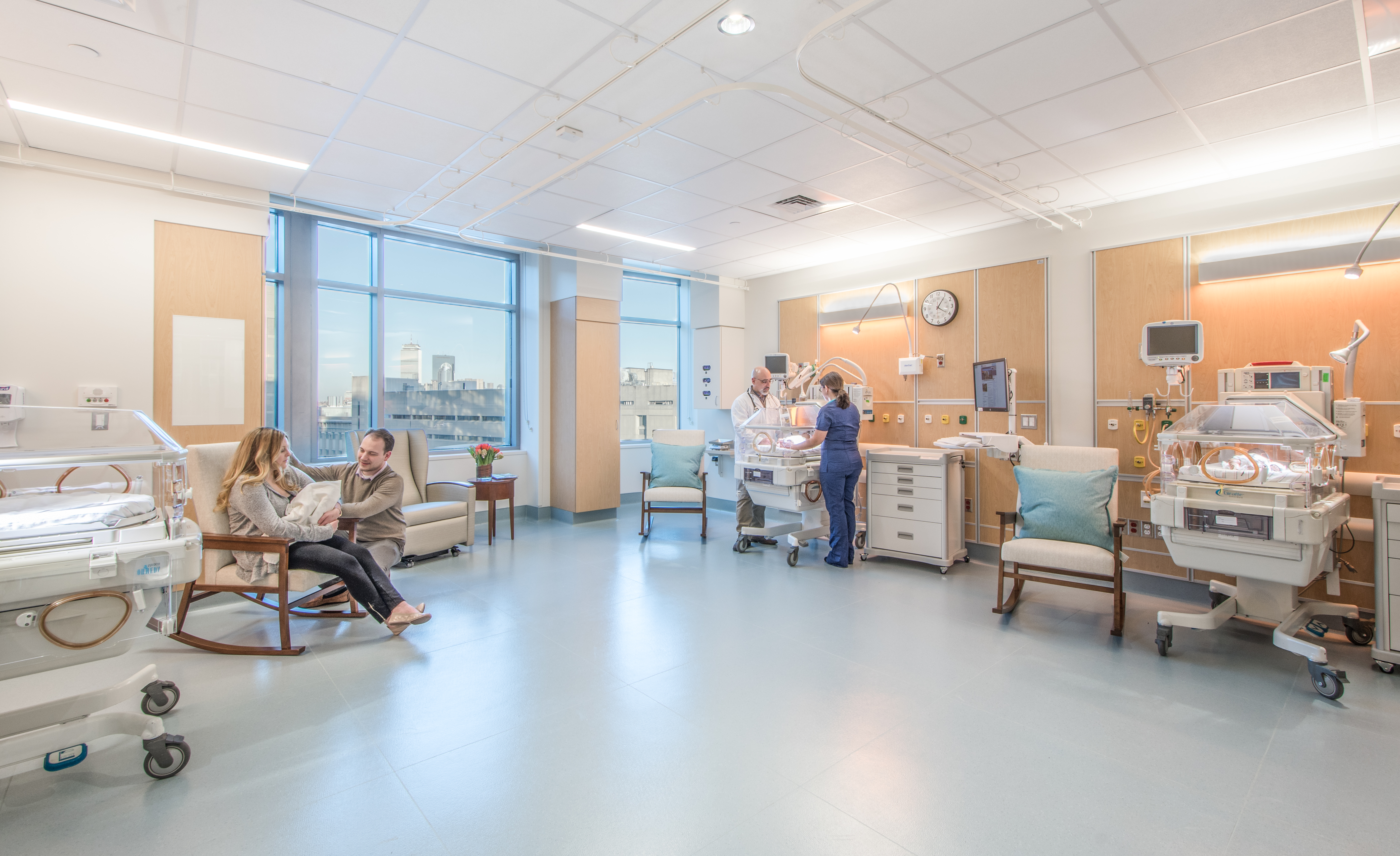
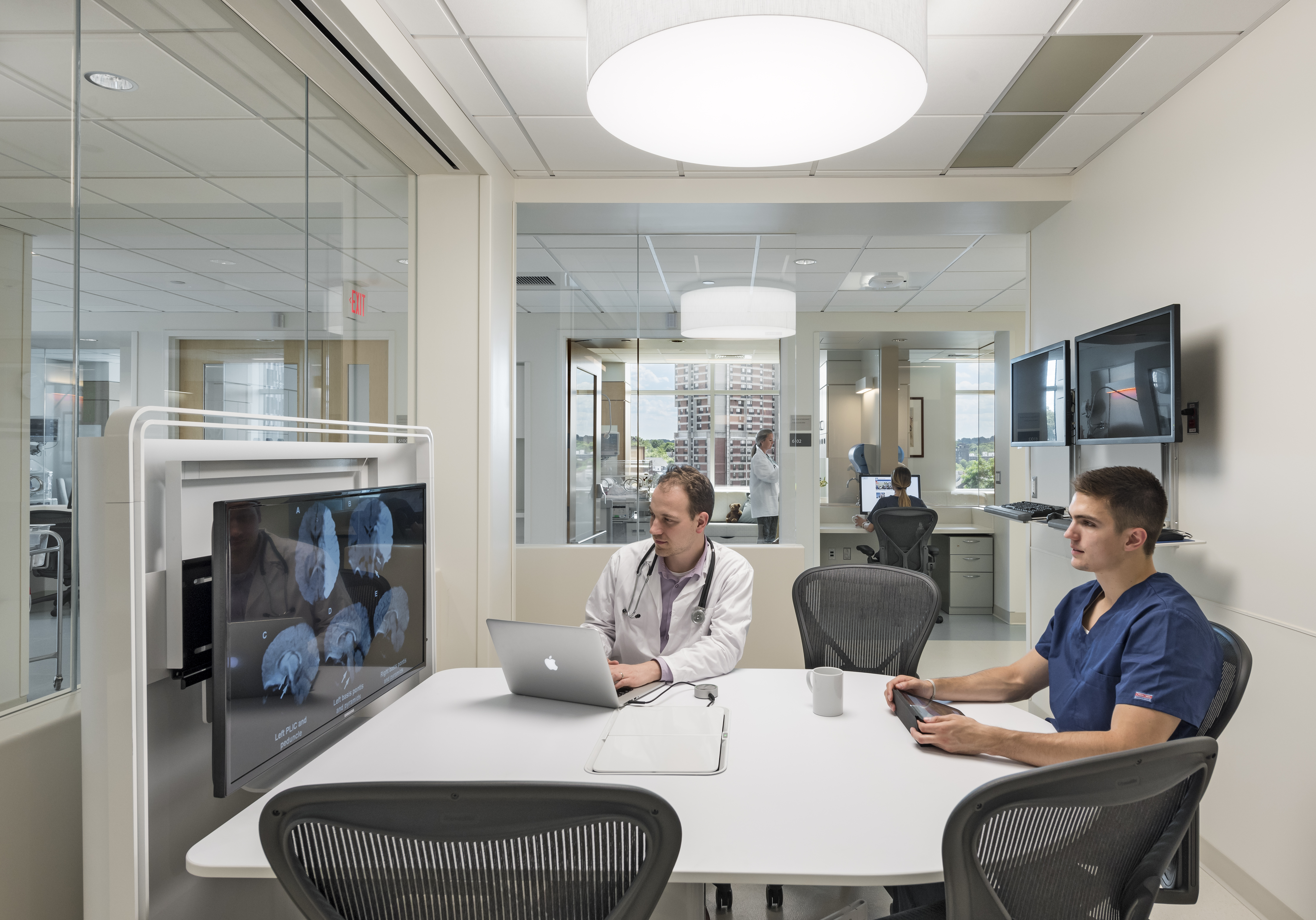

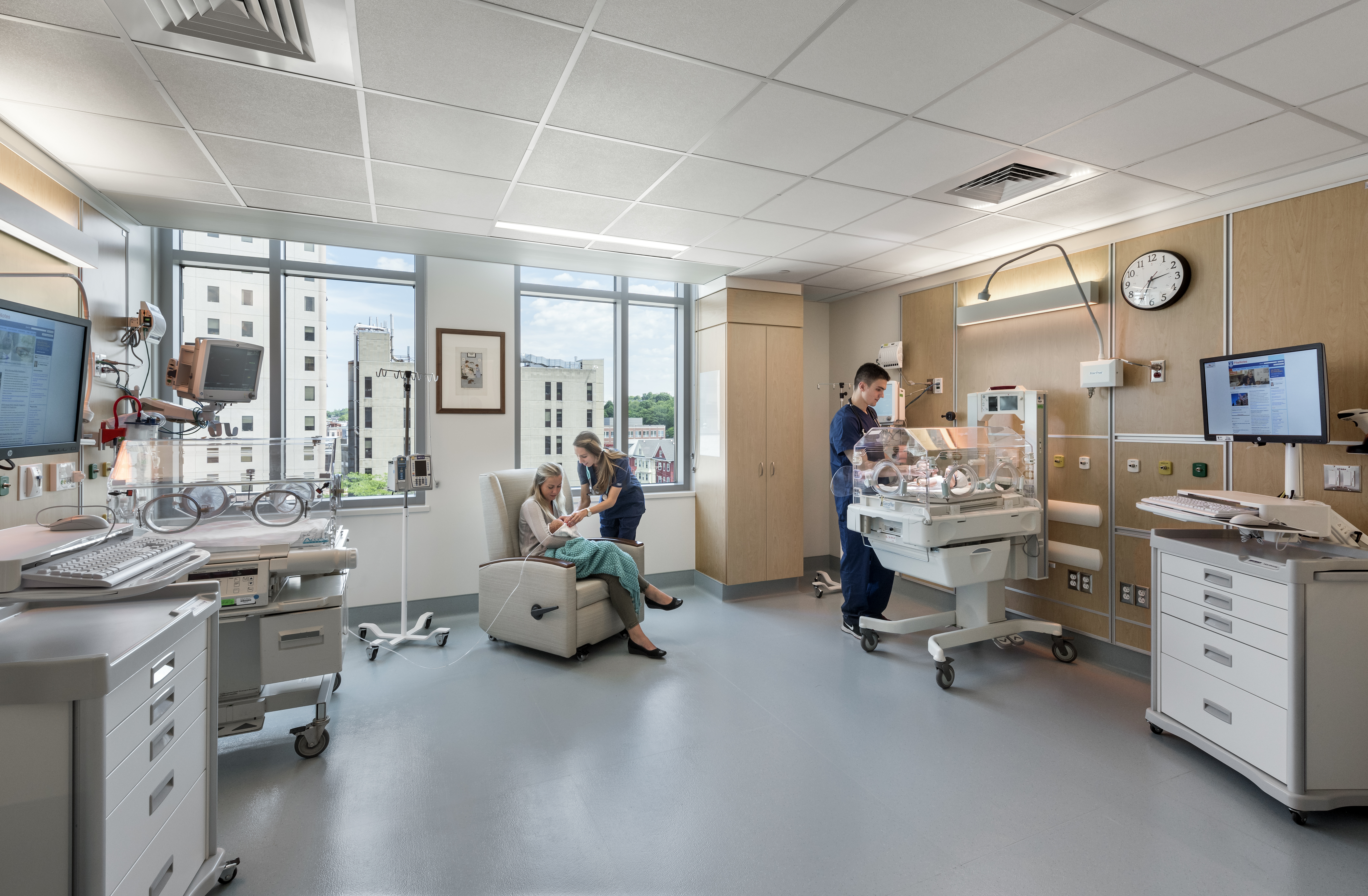
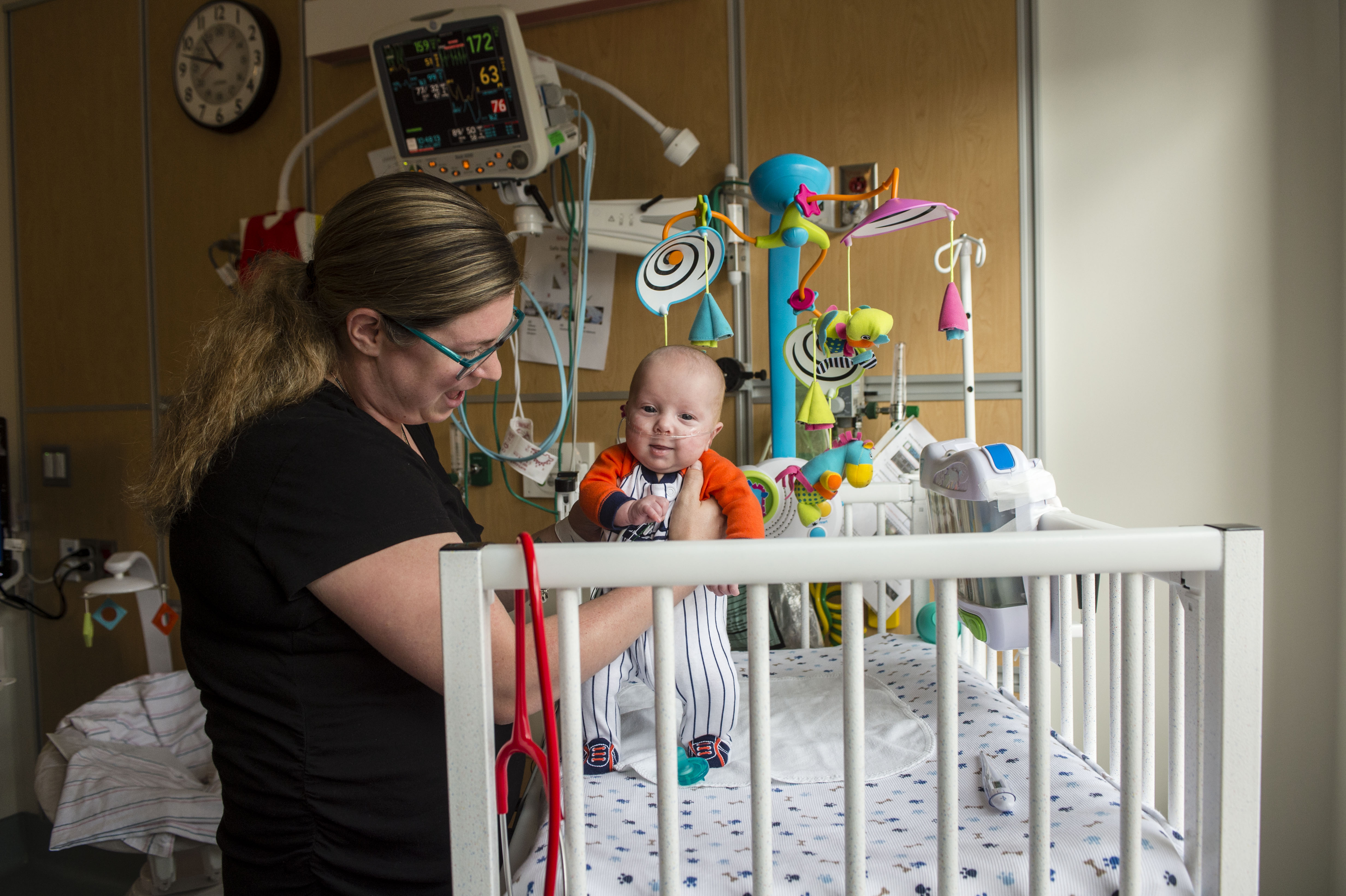
 For lung cancer surgeries, should there be an imperative to use minimally invasive techniques?
For lung cancer surgeries, should there be an imperative to use minimally invasive techniques?  In 2015, surgeons in the Lung Transplant Program at Brigham and Women’s Hospital performed 26 lung transplants. After significant investments in surgical staff, quality and processes, the program tripled its volume over a two-year period, performing 75 lung transplants in 2017. During this period of rapid growth, many outcomes were also improved, including a decrease in the length of hospital stay from 24 days (2015) to approximately 15 days (2017) and increased one-year survival to over 90 percent.
In 2015, surgeons in the Lung Transplant Program at Brigham and Women’s Hospital performed 26 lung transplants. After significant investments in surgical staff, quality and processes, the program tripled its volume over a two-year period, performing 75 lung transplants in 2017. During this period of rapid growth, many outcomes were also improved, including a decrease in the length of hospital stay from 24 days (2015) to approximately 15 days (2017) and increased one-year survival to over 90 percent. 
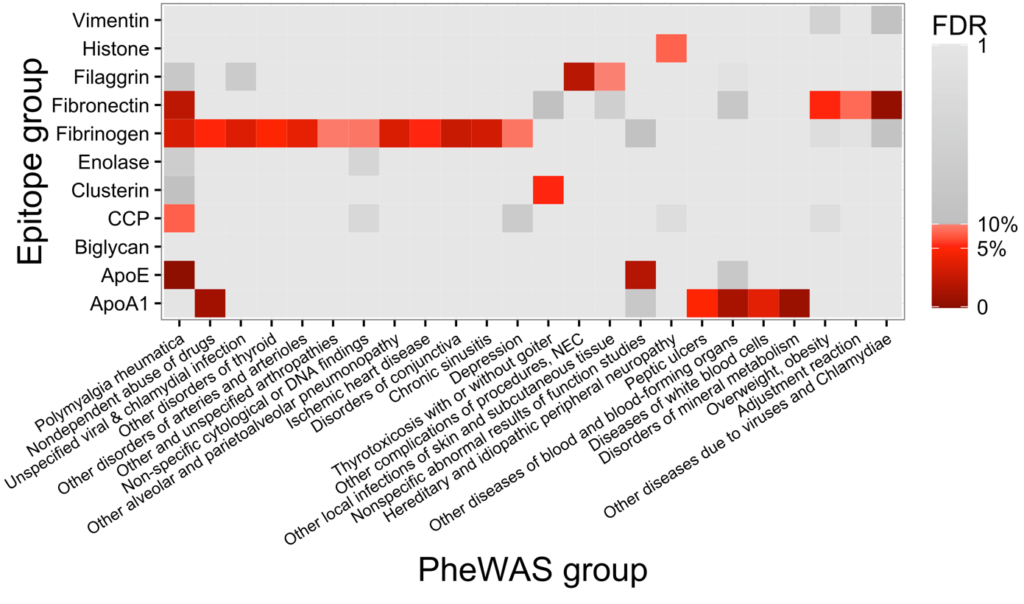
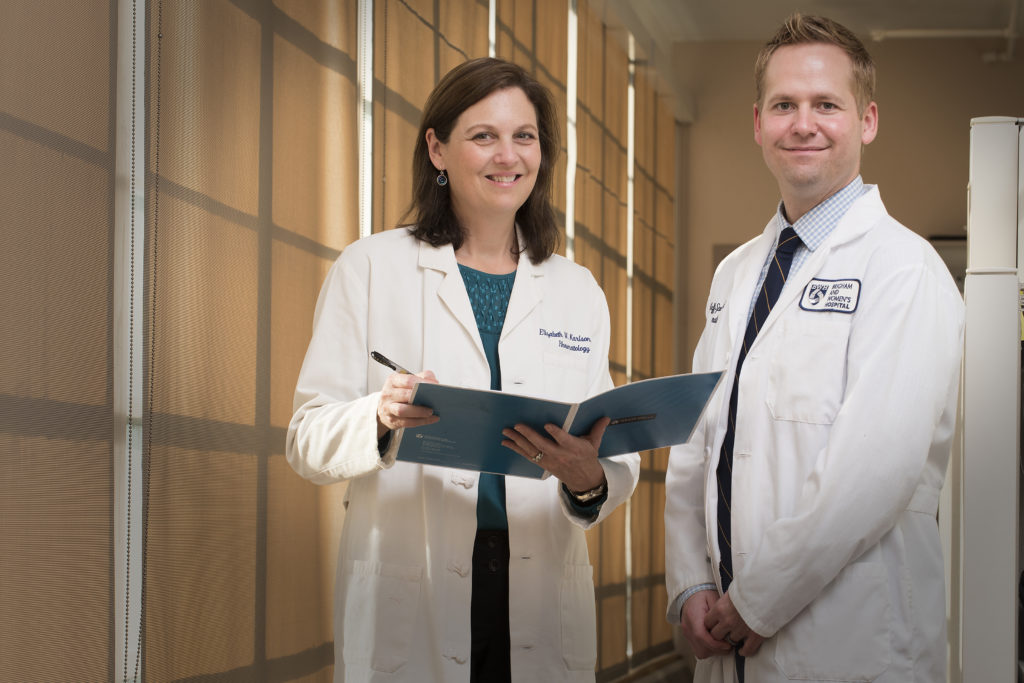
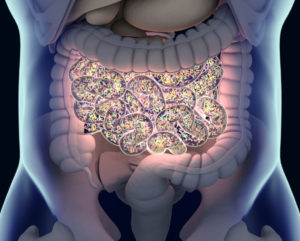
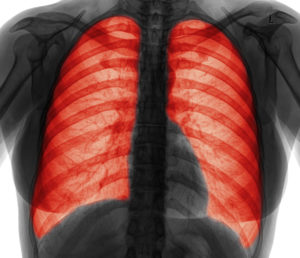 A novel platform is showing the potential for combining artificial intelligence (AI) and CT technology to identify disease stage in people with COPD and predict who are most likely to have acute respiratory disorder events and high mortality.
A novel platform is showing the potential for combining artificial intelligence (AI) and CT technology to identify disease stage in people with COPD and predict who are most likely to have acute respiratory disorder events and high mortality. Investigators in the
Investigators in the